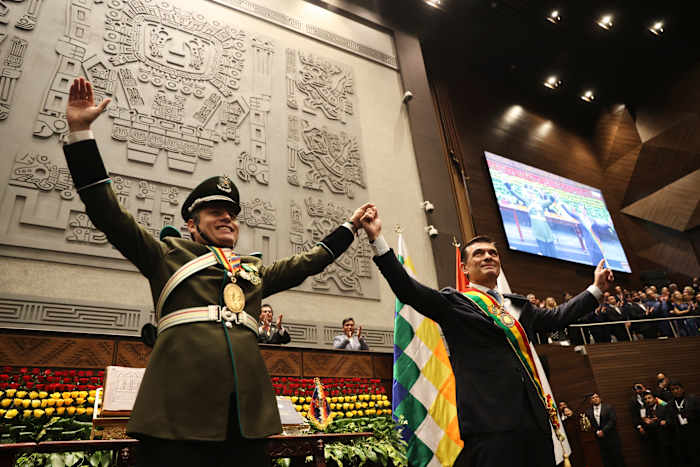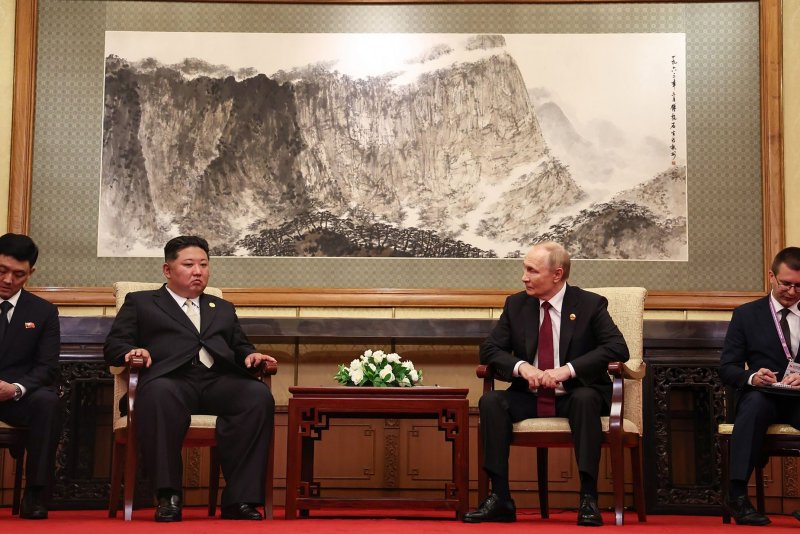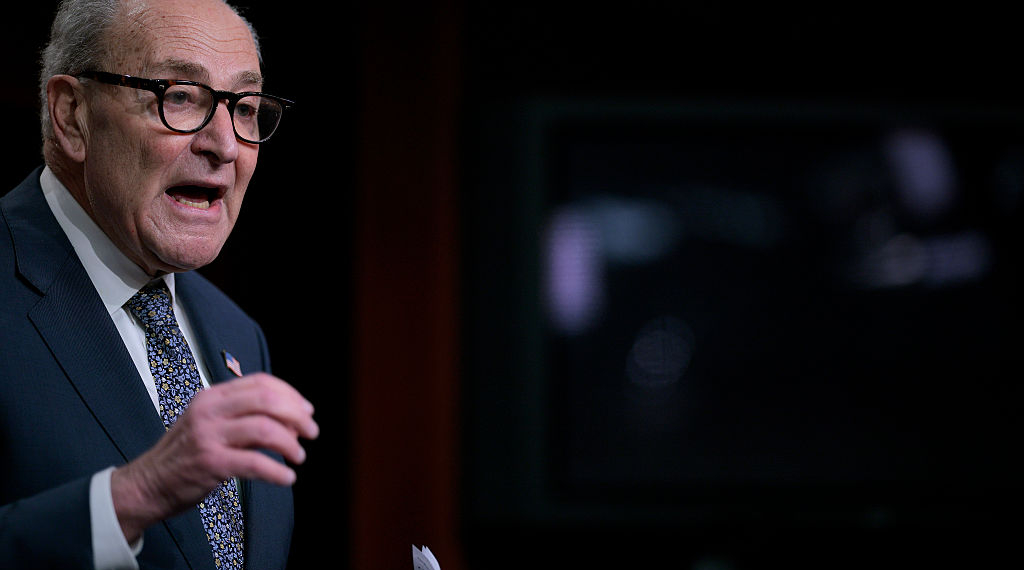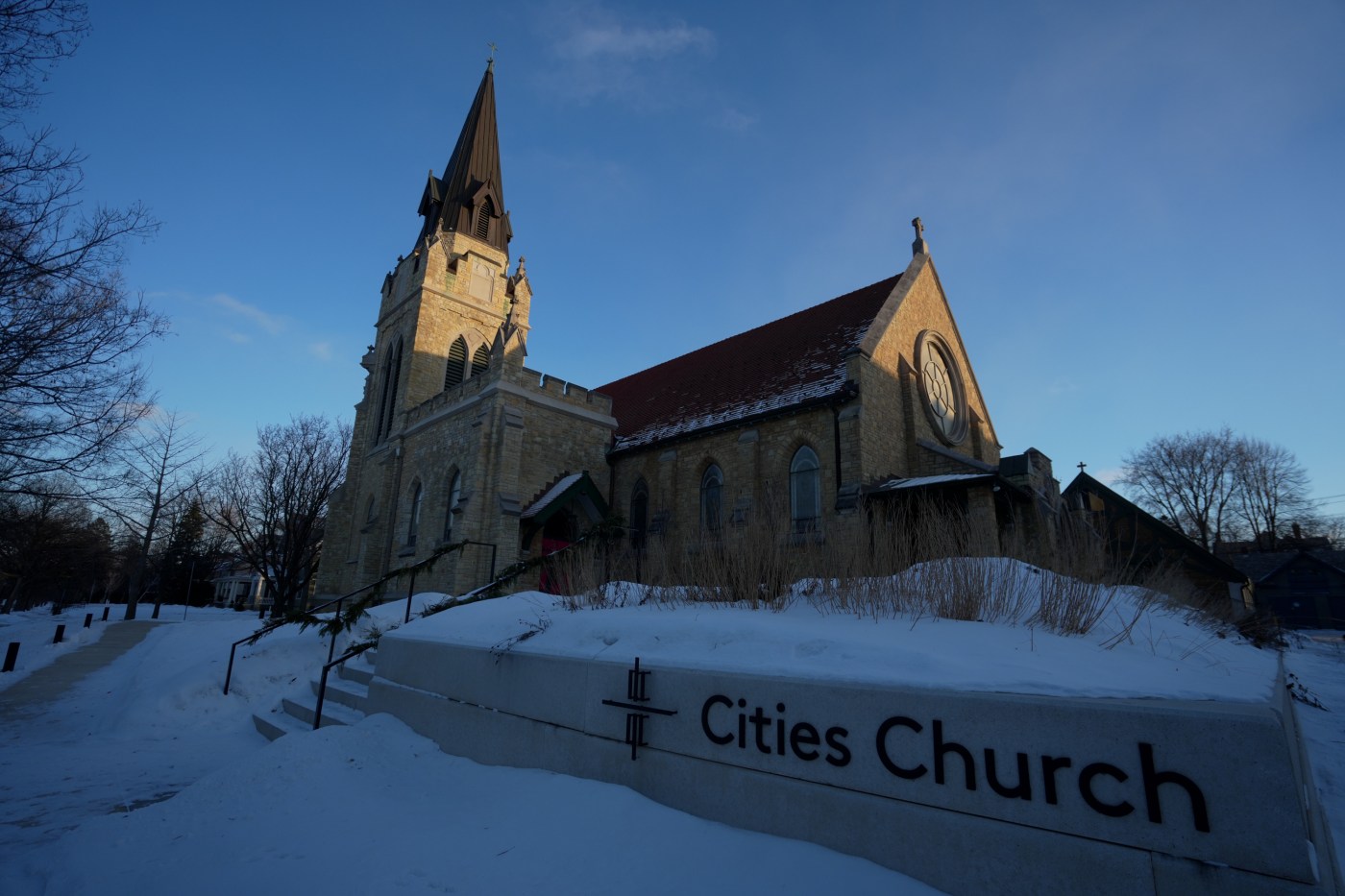Conservative politician Rodrigo Paz was sworn in as the new president of Bolivia on October 20, 2023, marking a significant transition after nearly 20 years of one-party governance. Paz’s inauguration took place in the capital, La Paz, where he took the oath of office surrounded by lawmakers and international leaders, pledging to prioritize “God, country, and family.” His ascension has sparked hope among citizens grappling with severe fuel shortages and soaring food prices, which have characterized the nation’s most challenging economic crisis in four decades.
Paz’s Political Journey and Economic Challenges
At 58 years old, Paz’s unexpected victory over former President Jorge “Tuto” Quiroga in last month’s presidential runoff has left many in Bolivia surprised. He inherits a deeply troubled economy, the result of two decades under the Movement Toward Socialism party, founded by the influential Evo Morales. The party’s decline began after the commodities boom of the early 2000s, leading to a collapse of their statist economic model characterized by generous subsidies and a fixed exchange rate.
In the wake of dwindling natural gas exports and a scarcity of U.S. dollars, Paz’s administration aims to implement reforms to revive the economy. He has proposed a gradual approach to economic recovery, differing from Quiroga’s call for an immediate bailout from the International Monetary Fund and aggressive fiscal measures. A majority of voters have placed their trust in Paz to navigate this crisis and restore economic stability.
International Relations and Economic Support
The inauguration was attended by leaders from across South America, including Javier Milei of Argentina, Gabriel Boric of Chile, Daniel Noboa of Ecuador, Yamandú Orsi of Uruguay, and Santiago Peña of Paraguay, reflecting a renewed interest in Bolivia’s political landscape. Paz has already begun to distance himself from the ALBA bloc, which includes Cuba, Nicaragua, and Venezuela, signaling a pivot towards closer ties with the United States. This shift follows a period of estrangement after the expulsion of the U.S. ambassador during Morales’s administration in 2008.
In his efforts to stabilize the economy, Paz has engaged with international financial institutions to explore potential assistance programs. Notably, he has reached an initial agreement with the Andean Development Corporation for a $3.1 billion loan aimed at facilitating economic recovery over the coming years. Michael Shifter of the Inter-American Dialogue noted that following two decades of left-wing governance, Paz’s administration will benefit from the goodwill of foreign investors and international partners.
Paz’s administration also aims to enhance cooperation with international organizations on security issues, including re-establishing ties with the U.S. Drug Enforcement Administration, which had been expelled under Morales. This move signals a commitment to addressing security concerns and engaging with global partners in a more collaborative manner.
Despite these promising developments, Paz faces significant challenges ahead. With his Christian Democratic Party controlling only 39% of the Legislative Assembly’s 166 seats, building alliances with other political blocs will be crucial for effective governance. As he embarks on this new chapter for Bolivia, the success of his administration will largely depend on swift and effective action to revitalize the economy and restore public confidence.







